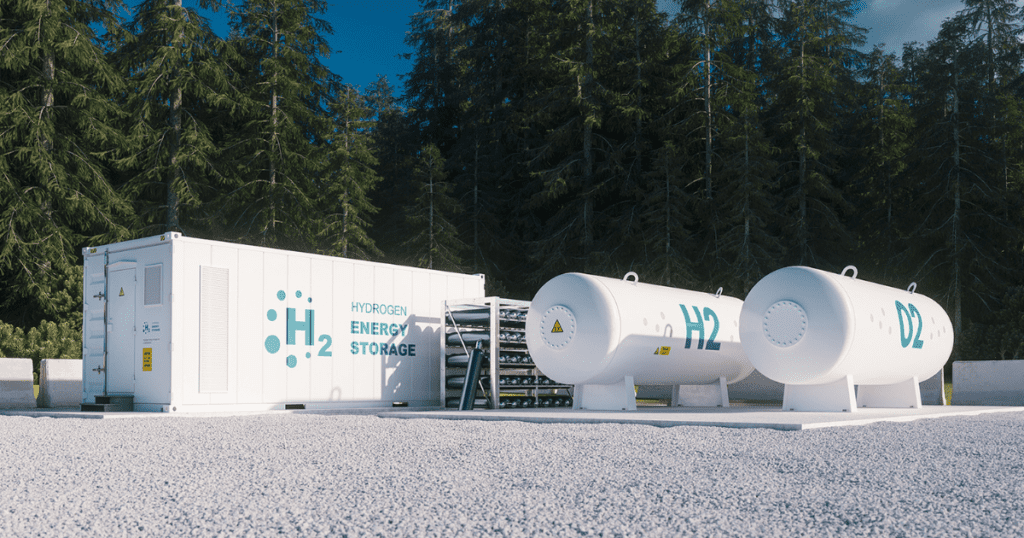
Green hydrogen is a clean and renewable fuel that has the potential to play a major role in decarbonising many industries. It is leading a clean, low-carbon energy transition from hydrocarbon to low-carbon hydrogen. However, there are still a number of challenges that need to be addressed before green hydrogen can be widely adopted.
One of the most significant challenges is scaling up production. Currently, the number of green hydrogen manufacturers is relatively low, and the cost of production is still high. In order to make green hydrogen cost-effective, it will need to be produced in large quantities. This will require significant investment in new production facilities.
Another challenge is the need to develop a wider infrastructure for producing, storing, and transporting green hydrogen. Existing gas networks, pipelines, and systems are not always compatible with hydrogen. This means that new infrastructure will need to be built, which can be expensive and time-consuming.
In addition to these obstacles, there are concerns about the safe use of hydrogen. Hydrogen is a highly flammable odourless gas that can be explosive in certain conditions. This means that it is important to take precautions in hydrogen production, storage, and transportation.
However, there is increasing momentum behind the development of green hydrogen. Governments worldwide are investing in research and development, and an expanding number of companies are committed to commercialising green hydrogen. As the technology continues to mature, the cost of production is expected to come down, and the infrastructure for hydrogen production and distribution is expected to improve. This will make green hydrogen more competitive with other fuels and help accelerate the transition to a clean energy future.

Environmentally friendly solution of renewable energy storage – hydrogen gas to clean electricity facility situated in forest environment. 3d rendering.
The importance of flow control solutions
The safe production and utilisation of green hydrogen requires a high degree of control in the management of hydrogen at all stages. This includes using flow control equipment to regulate hydrogen flow in pipelines and other systems.
Throughout these hydrogen applications, actuators are used to control valves, pumps, and other devices. They are also used to open and close fuel cell stacks and control hydrogen flow in storage tanks.
Rotork is a market-leading global provider of mission-critical flow control and instrumentation solutions for the industrial actuation and chemical engineering markets. The actuators are designed to operate safely in hydrogen environments and to withstand harsh conditions.
Rotork actuators offer a wide variety of advantages specific to the hydrogen market, including:
Safety
Safety is a critical component of any operation that uses hydrogen. Rotork actuators are certified to meet the requirements of international standards, such as ISO 15550 and EN 751-1. This means that they have been tested and proven safe in the presence of hydrogen, a flammable gas. Rotork actuators also have fail-safe mechanisms that will prevent them from operating in an unsafe manner if there is a power failure or other emergency.
Additionally, a number of Rotork products are explosionproof ATEX IIC rated, which is critical to environments where hydrogen is present due to its volatility.
Reliability
Actuators need to be built to last. It is essential that actuators working with hydrogen are able to consistently work in demanding environments. This includes exposure to high temperatures, corrosive chemicals, and vibration. Rotork actuators are known for their long lifespan and high-quality materials that allow them to work reliably for years.
Durability
As mentioned, it is important that actuators are made from high-quality materials that can withstand the corrosive effects of hydrogen and harsh environments. This means that they will not corrode or rust over time, even in the presence of hydrogen.
Efficiency
Due to the importance of profitability in the hydrogen market, efficiency is a critical concern throughout any hydrogen-based energy operation.
Rotork actuators are designed to operate efficiently. This means that they use less energy than other actuators, which can help to reduce the energy consumption of energy systems. Rotork actuators are also designed to be precise, helping to reduce waste and energy consumption.
Conclusion
Rotork is committed to providing innovative flow control solutions that help to make hydrogen technology and energy development more efficient, reliable, and sustainable. The actuators are designed to meet the specific requirements of each application in the production of green hydrogen, and they are backed by a comprehensive range of support services.